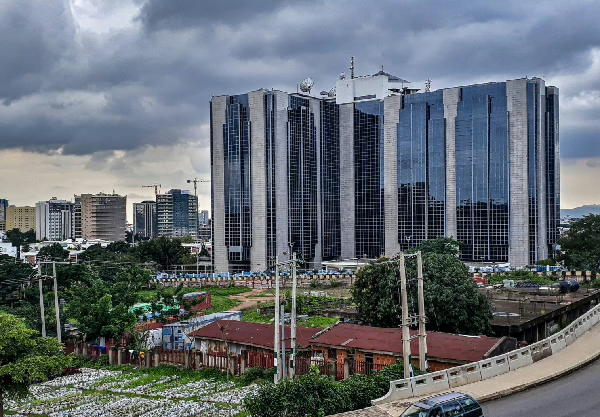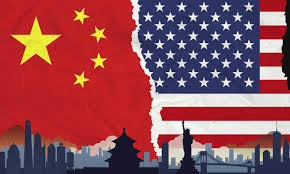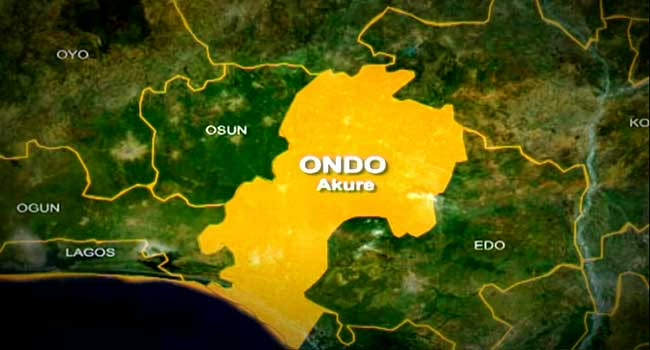As Malaysia seeks to boost economic growth, Prime Minister Anwar Ibrahim has been building closer ties with China.
This comes amid growing trade and geopolitical tensions between Beijing and the US — also a close economic and strategic partner to Malaysia.
In June, Chinese Premier Li Qiang visited Malaysia and inked multiple deals, including the renewal of a five-year economic and trade cooperation pact.
Salaries and compensation for Nigerian workers can now be paid in US Dollars, you acquire premium domains for as low as $1500 and PROFIT $22,000 ( ₦34 million) Click here.
“Today, a key aspect of the relationship seems to be economic. The Anwar administration seems to see China as a major market opportunity and source of investment,” Ian Chong, a political scientist in Singapore, told DW.
Advertisement
Li and Anwar also attended a groundbreaking ceremony of a train station along East Coast Rail Link (ECRL), a key project of China’s Belt and Road Initiative (BRI) in Malaysia.
Malaysia is one of the top recipients of BRI funding in Southeast Asia, a global infrastructure financing scheme that is a cornerstone of Beijing’s foreign policy. Li’s visit also marked the 50th anniversary of diplomatic ties between China and Malaysia.
Both countries have other agreements in place, including the promotion of investments in digital economy, boosting housing and urban development, and commitments to tackling transnational crime, improving higher education, tourism and cultural cooperation. China has been Malaysia’s top trade partner since 2009.
Malaysia also recently expressed interest in joining the BRICS bloc of emerging market economies, with China one of the bloc’s core members that also includes Brazil, Russia, India, and South Africa.











